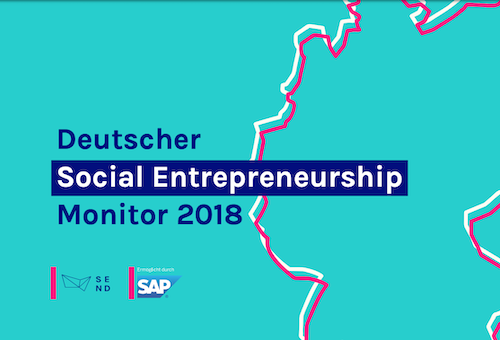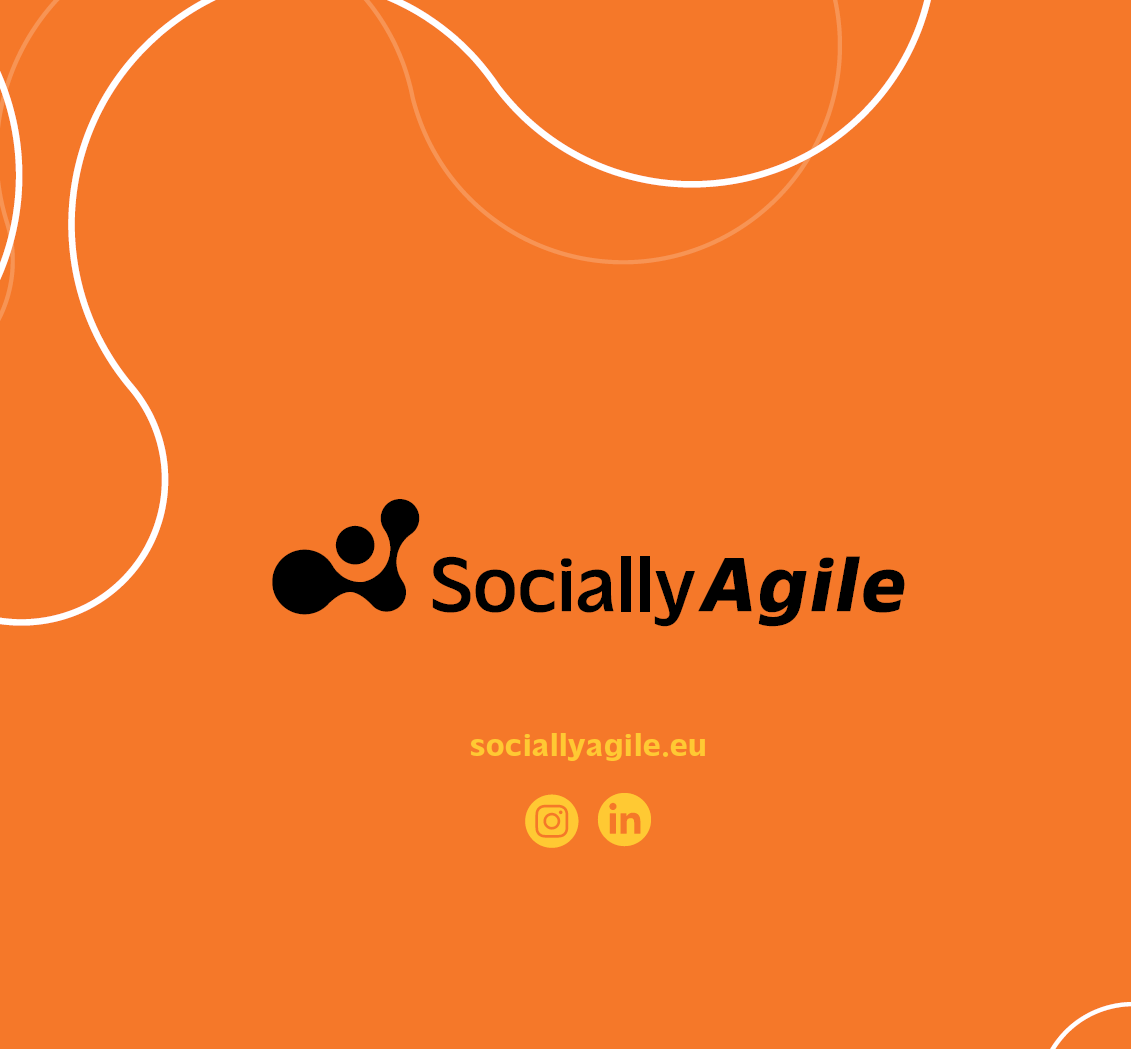Deutscher Social Entrepreneurship Monitor 2018 is a new report focusing on social entrepreneurship in Germany.
More and more people in Germany are choosing to become social entrepreneurs. Because of the visible global challenges, the motivation to shape society in a sustainable manner has increased in general. But what does social entrepreneurship in Germany look? And what are the common challenges, that social entrepreneurs experience? The “Social Entrepreneurship Monitor” (DSEM) tries to answer these questions.
The report was created in collaboration between Social Entrepreneurship Netzwerks Deutschland and Otto-von-Guericke-Universität Magdeburg with the support of the software giant SAP.
The DSEM report was launched on 13 February 2019 at a breakfast in the German Bundestag.
The report seeks to contribute to greater transparency and to encourage policy-makers, business and civil society decision-makers to recognize and continuously support the social entrepreneurship sector’s potential on the basis of the data collected.
The report shows, among other things, that social enterprises in Germany are very innovative and develop sustainable solutions to local problems. In addition, the social entrepreneurs actively help to reach the 17 UN goals for sustainable development (SDG´s), and that they are generally an important creative forces in the implementation of the 2030 agenda.
In addition, the report shows that:
– 9 out of 10 social enterprises, who participated in the study behind the report, are solving societal challenges in Germany. 3/4 of the participants consider their product or business model as an innovation on the market and 1/3 say it is an innovation at European or global level.
– Almost 50% of the social entrepreneurs participating in DSEM, who are starting business are women. This is significantly higher than the percentage for traditional startups in Germany, where 15.1% are women (DSM18)
– Social entrepreneurs want a better support framework for social entrepreneurship in Germany.
– Social enterprises help promote a culture of participation. In 56% of the social enterprises that have participated in the survey, employees have had direct influence on decisions in the company.
– Social enterprises need suitable funding offers. 62% of the participants in the study behind DSEM experience a significant obstacle regarding the lack of access to start-up funding and 65% of Social enterprises lack of access to finance subsequently.
– Social enterprises encourage active political advocacy. 73% of the participants in the study behind DSEM want a stronger representation.
A total of 210 social entrepreneurs have participated in the DSEM study. The purpose of the Deutscher Social Entrepreneurship Monit is to give an annual status of the German ecosystem for social entrepreneurship and to make the activities of the sector more visible to the public.
See the full DSEM report here















Leave A Comment